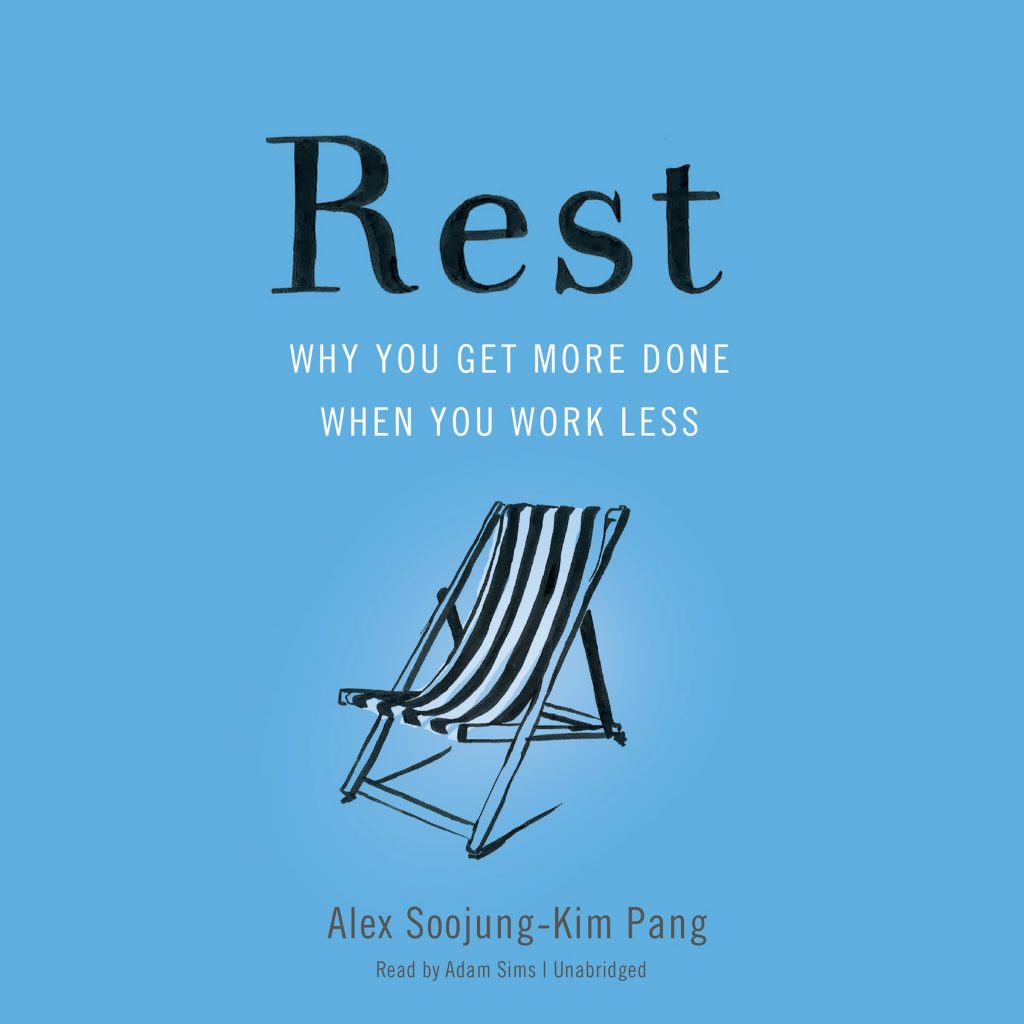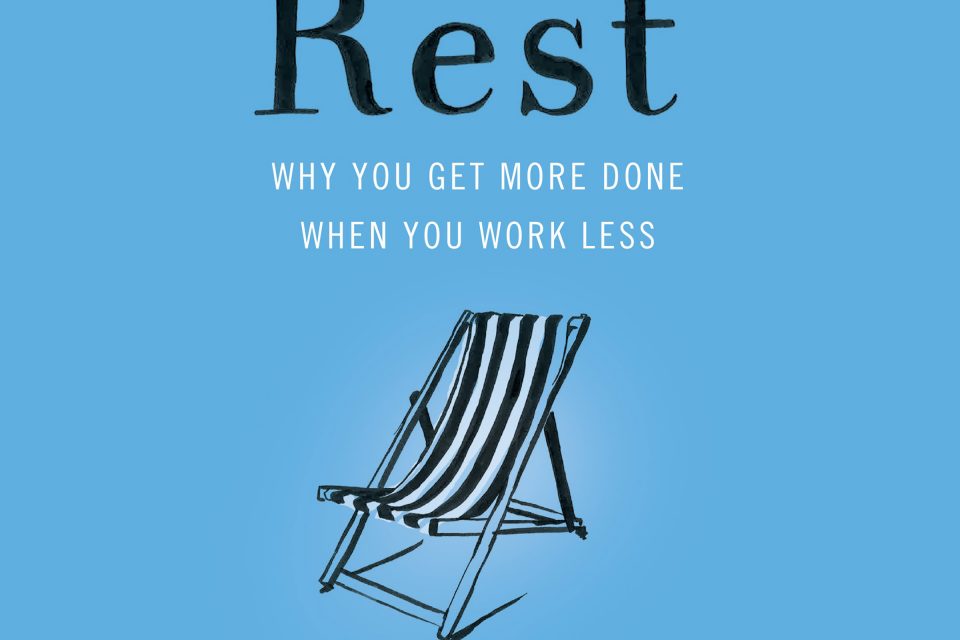Podcast: Play in new window | Download

What are the ways that we can take deliberate rest? Why is it important to take breaks? What can we do to improve our creativity and focus? Join me as I continue my conversation with bestselling author Alex Soojung-Kim Pang as he shares more valuable insights from his book Rest: Why You Get More Done When You Work Less.
Visit https://www.bodyshotperformance.com/podcasts-blog for the complete show notes of every podcast episode.
Topics Discussed in this Episode:
-
The ways that you can practice deliberate rest
-
The importance of taking breaks
-
The benefits of incorporating breaks into your schedule
-
The importance of working on creativity and focus
-
Play and heartfulness and doing things that you love
-
Exercise and the benefits it brings
-
How exercise becomes part of your deliberate rest or deliberate recovery program
Key Takeaways:
-
Walking stimulates creativity. Even if you’re just walking on a treadmill facing a cinder block wall, you do better on creativity tests than you do if you’re just sitting.
-
There is some evidence that suggests that the better you are at being able to focus your mind, the better you are at being able to unfocus it in a way that is restorative and creative.
-
Not doing meditation very well is so much better than not doing it at all.
-
Meditation does not necessarily need to be using an app or not using an app or sitting in a conventional position, eyes shut, deep breathing. It could be painting, it could be knitting, it could be walking. If you’re getting the meditative benefits, it counts.
-
Having periods where you can take back control over your time and decide what you’re going to do and how you’re going to do it, that is a really important component of rest and recovery.
-
Focus follows a rhythm.
Action Steps:
-
Take walks.
-
Practice meditation.
-
Create more time by saying no to more things.
Alex said:
“Mind wandering is not your brain jumping from one subject to another subject to another subject, but rather, the mind having a certain kind of openness and serenity at its best that is actually similar to the kind of mental state that you get into when you meditate.”
“There’s a wider range of things that we should think of as restful and is restorative. And just as… there are lots of contexts in which we can practice mindfulness, so, too, are the range of things that turn out to be restful are more diverse than conventional wisdom teach us.”
Thanks for listening!
If you’re interested in finding out what your health IQ is, take the Health IQ test to find out, and get a free 39-page report built around our six signals, which are sleep, mental health, energy, body composition, digestion, and fitness.
If you’ve enjoyed what you’ve heard on this episode and it’s added value to you, share the episode with someone you think could benefit from it. And don’t forget to leave a rating or a review and subscribe on Apple Podcasts.
Links to things we discuss in the show:
-
Books by Alex Soojung-Kim Pang:
-
Rest: Why You Get More Done When You Work Less – Get a chance to win a copy of this book by going to iTunes and leaving a review of the episode and/or the show (mentioning the episode) and mentioning the book.
-
Past episode mentioned that you shouldn’t miss:
More from Alex Soojung-Kim Pang:
Alex’s Twitter: @askpang
More from Leanne Spencer:
Bodyshot Performance Limited Facebook page
Remove the Guesswork BOOK by Leanne Spencer
Rise and Shine BOOK by Leanne Spencer


